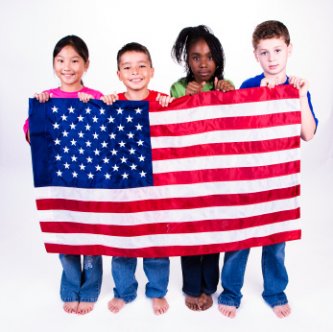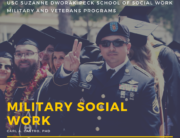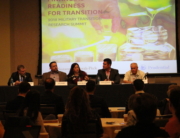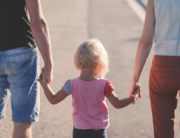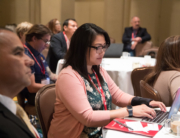The USC School of Social Work will co-host the Military Child Education Coalition’s California Public Engagement conference, with approximately 100 influential policymakers, community leaders and military officials invited to collaborate on ways to support the education of military children in California.
Professor Ron Astor, who leads the School of Social Work’s Building Capacity in Military-Connected Schools project, and Anthony Hassan, director of the USC Center for Innovation and Research on Veterans and Military Families, will chair the event slated for Sept. 20 at the Radisson Midtown.
“This initiative is simply good community practice,” Hassan said. “The engagement is a force multiplier for our USC efforts because it extends a wider community approach that plays to the strengths of the community, including small, scalable clusters of stakeholders, who have the resources and relationships in place to work well together to do the greatest good.”
The event will bring together representatives from business, education, faith-based groups, health care, law enforcement, service clubs and community organizations. Participants will hear from experts about the effects of deployment, injury, illness and loss on military-connected children; identify resources available in the community; and work in groups to create action plans to enhance and extend support.
Astor said the most pressing issue within the military educational community is California’s full implementation of the Interstate Compact on Educational Opportunity for Military Children, which was developed by the U.S. Department of Defense Education Activity to address issues associated with class placement, records transfer, immunization requirements, course placement, graduation requirements, exit testing and extracurricular opportunities.
“This will ensure that public schools accommodate military students’ academic, social and emotional needs, as their parents serve our great nation,” Astor said.
He also said that to effectively implement this statewide program, businesses, religious leaders, community organizations, the media and health care programs will need to cooperate to form a societal perspective.
“Many warriors are coming home. We need to be ready to support them and their families,” Astor said.
“The engagement process enhances the capacities of the state, organizations, and/or local communities to support military-connected children and youth,” said Mary Keller, president and chief executive of the Military Child Education Coalition.”The resulting action plans are focused on sustainable support for the child.”
In other states where public engagement events have been held, outcomes have included the development of family assistance centers in remote areas, ongoing statewide steering committees focused on military children, and grants for counselors in schools with high concentrations of military students.
“One of the major goals of our Building Capacity consortium was to engage the state,” Astor said, adding that the event is in keeping with President Barack Obama’s efforts to involve all sectors in supporting military children and families. “The educators, military community and school liaison officers in our consortium have been leaders, and we are now engaging influential civilian policymakers on a statewide level. We want all military students in California to have positive educational experiences in public school.”


